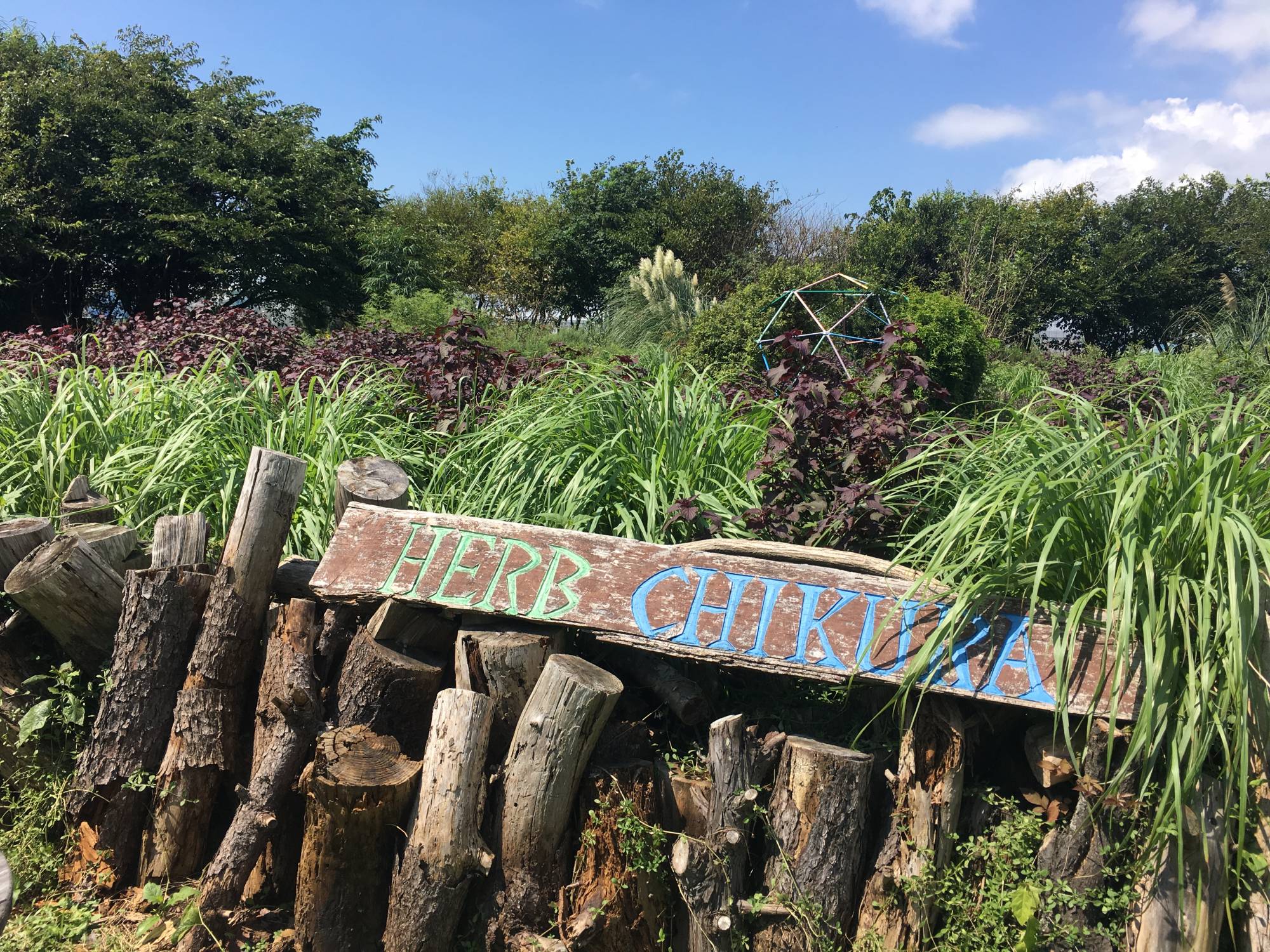Surrounded by the flourishing verdure at Herb Chikura, Hiromi Sasaki could not be more in her element.
While leading a small tour group through her lushly fragrant farm located along the southeastern coast of the Boso Peninsula in Chiba Prefecture, Sasaki instructs her guests in what sound like advanced lessons in botany. She might invite them to nibble on fresh raspberry or shiso (perilla leaf) as they meander through the winding paths. She might then parse the textural and flavor differences between her several varieties of sage and mint, or explain the subtle seasonal changes in particular herbs and plants from among the more than 100 she grows. Whatever her mood, you’re bound to learn something.
Sasaki's extensive collection includes numerous varieties that are difficult to find elsewhere in Japan: black hollyhock, turmeric, bergamot, pomegranate and ginger, just to scratch the surface. Visitors to Herb Chikura are free to explore the garden — which is categorized into sections by use, including plants for tea, cooking, aromatic decoration and medicinal healing — and pick a bag of fresh herbs to take home.



















With your current subscription plan you can comment on stories. However, before writing your first comment, please create a display name in the Profile section of your subscriber account page.